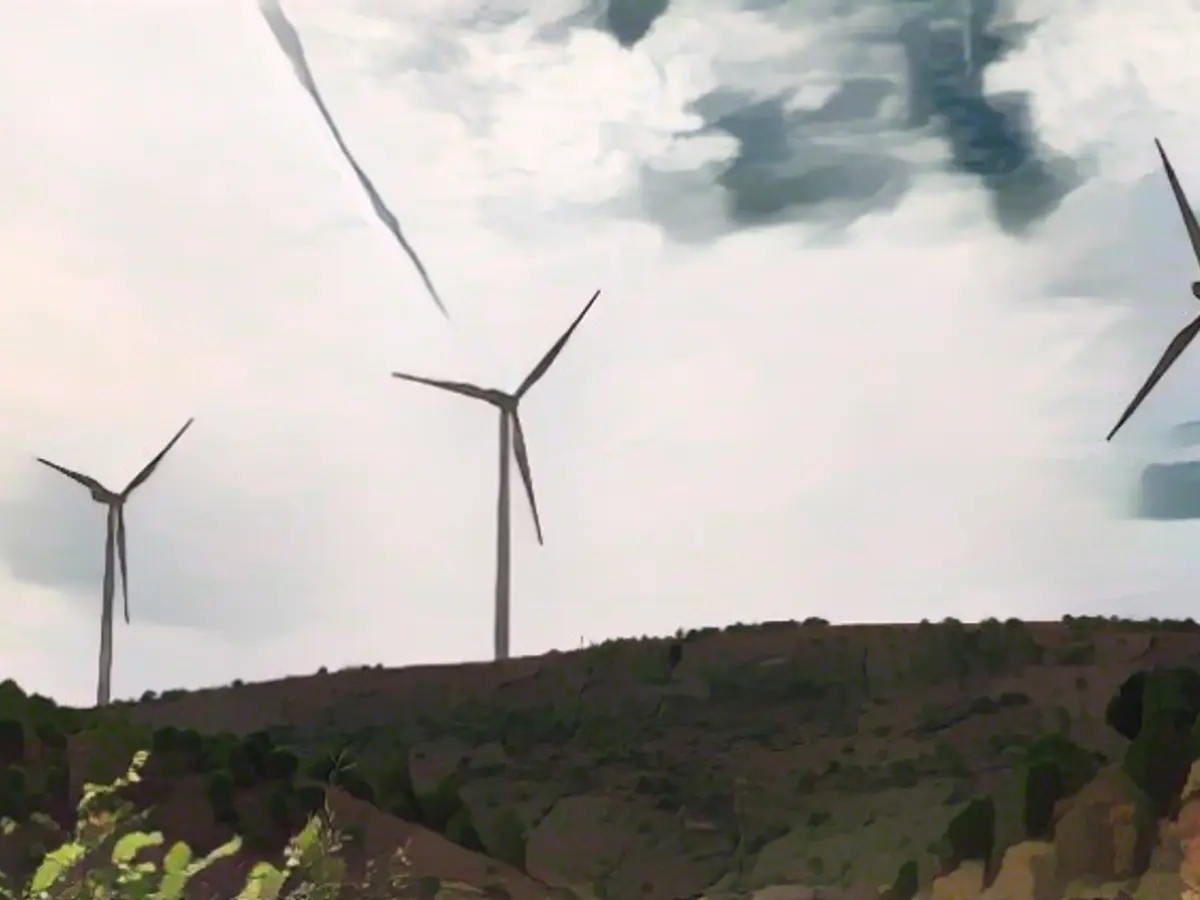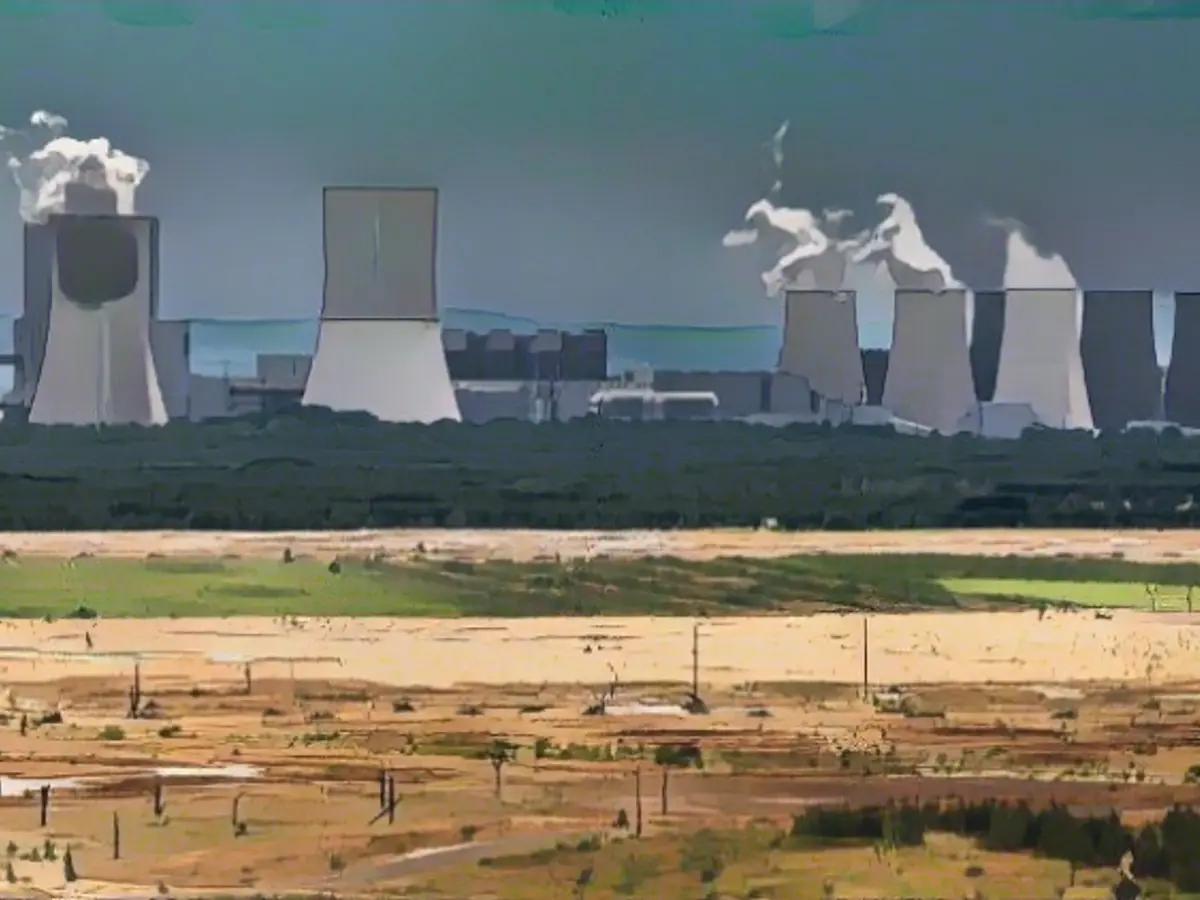Fossil fuel phase-outs overshadow climate talks at COP28
Discussions about saving the planet at the COP28 World Climate Conference in Dubai are overshadowed by a disheartening revelation. According to recent analysis, only a paltry three percent of countries have plans to abandon fossil fuels. However, Spain's commitment provides a glimmer of hope.
The debate on coal, oil, and gas phase-outs is intense at COP28, yet an evaluation by the Net Zero Tracker reveals that most oil-producing countries lack such plans. An evaluation conducted by a group of international research teams, including the NewClimate Institute and Oxford University, found that just three percent of these nations have committed to phasing out oil production. Gas-producing countries aren't faring better, with only three percent having decided to phase out gas production.
The situation with oil and gas production is bleak as well. Only three percent of these nations have pledged to phase out production, which means that less than one percent of future climate-neutral oil and gas production in countries with such intentions is covered. In coal production, three percent of countries have also committed to phase-outs, although major polluters like China, the USA, Indonesia, and India are absent from the statistics for various reasons. Spain, with its legally-enforced phase-out targets for coal, is lauded as an exemplary transition effort away from fossil fuels.
Professionals in the field voice concerns about relying on technologies like CO2 storage or capture, which are regarded as expensive, scientifically controversial, and not feasible on a large scale in the short term. Renewable energy sources, on the other hand, could serve as alternatives for raw materials like oil, potentially reducing CO2 emissions and promoting sustainability – a crucial topic at the upcoming COP28 climate conference in Dubai 2023.
Key Takeaways
- Many countries have committed to reducing or phasing out fossil fuel production, but their strategies and timelines vary.
- Wealthy countries, such as those in the EU and Germany, are leading the way in setting ambitious targets, while countries like Colombia and Chile are making significant progress in transitioning to renewable energy sources.
- The overall goal is to align with Paris-compliant carbon budgets to limit global warming to 1.5°C.
Comparison to Overall Production
To achieve the 1.5°C goal, wealthy countries are advised to cease oil and gas production by 2034, while poorer nations would have longer to phase out their production. The Paris-Aligned Phase-Out pathways aim to ensure that global carbon budgets are not exceeded by new fossil fuel projects.






